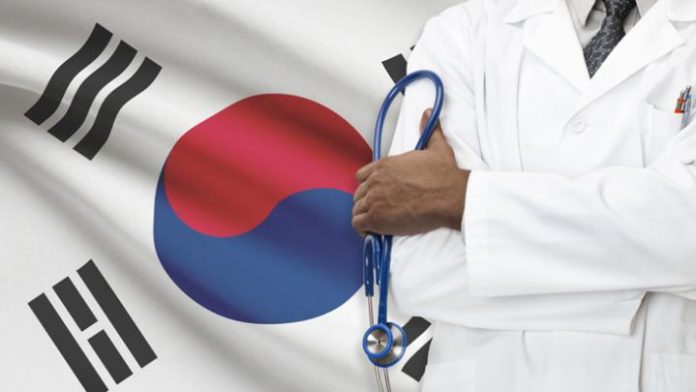Health minister Cho Kyoo-hong is set to review measures to relieve the burden of medical professionals in South Korea, including possibly enacting a special law aimed at reducing the severity of punishment doctors face for medical negligence or malpractice. This risk to healthcare quality may damage the country’s medical tourism sector.
At a time when the low quality of some medical tourism surgery is increasingly highlighted in the global media, South Korea is planning a controversial move.
Before the pandemic, South Korea had become a bustling medical tourism hotspot. Many, particularly Chinese medical travellers, visited the country for cosmetic surgery.
But the country has a shortage of physicians specialising in vital care. Many doctors opt for more lucrative fields like cosmetic surgery and dermatology, while not enough are trained to perform more essential specialties, like higher-risk surgeries, paediatrics, and general medicine. Fees in the former sectors are less strictly regulated and typically much higher than they are for physicians. South Korea has a US$4 billion cosmetic surgery industry.
South Korea has 130,000 doctors, not enough for its needs. Latest OECD data show that South Korea has just 2.5 doctors per 1,000 inhabitants, or about two-thirds of the OECD average of 3.7. Latest estimates are that up to 27,000 more doctors are needed by 2035 to meet demand.
The government is looking into a range of proposals to solve this critical shortage, but one recent suggestion has worried patient advocates.
Health minister Cho Kyoo-hong will review measures to relieve the burden of medical professionals including possibly enacting a special law aimed at reducing the severity of punishment doctors face for medical negligence or malpractice. According to the ministry, many doctors tend to avoid more critical specialties amid high risks of possible financial ruin due to the country’s stringent standards for accountability.
But civic society groups have reacted by calling the proposal a step in the wrong direction. Medical tourism groups have so far been silent on the threat to the image of South Korea that this presents.
A study from the Korea Medical Association released in November showed that 750 South Korean doctors yearly, an average of more than two per day, are criminally charged with professional negligence resulting in death or injury. This is 14.7 times higher than the number of similar indictments in Japan, 580.6 times higher than in the UK, and 26.6 times higher than in Germany.
Faith in hospitals and surgeons in the country is particularly low due in large part to suspicions, based on cases that have made the news, of unqualified staff mishandling operations. In 2021, the government required surveillance cameras be installed in operating rooms where patients are under general anaesthesia to try to stamp down on malpractice cases.
A study from 2019, based on interviews with 3,000 doctors in South Korea, found that one in every three had medical disputes in the past three years, though 96% of the respondents believed a special law on medical accidents was needed to help resolve such disputes through non-criminal payments instead of criminal punishment.
In terms of compensation, victims of medical mishaps are allowed to claim up to 30 million won (US$24,500), with 70% shouldered by the government and 30% by the institution or doctor responsible. The government is considering shouldering more of the cost.
The Seoul-based Citizens’ Coalition for Economic Justice said that relaxing measures against medical malpractice will lead doctors to relax their duty of care responsibilities, causing anxiety and distrust among the public, while the doctor shortage and malpractice are unrelated. It suggests that the government should strengthen, not weaken, the law penalising doctors who commit malpractice, including taking away their medical licenses.








 ©2024 All rights reserved LaingBuisson
©2024 All rights reserved LaingBuisson 


